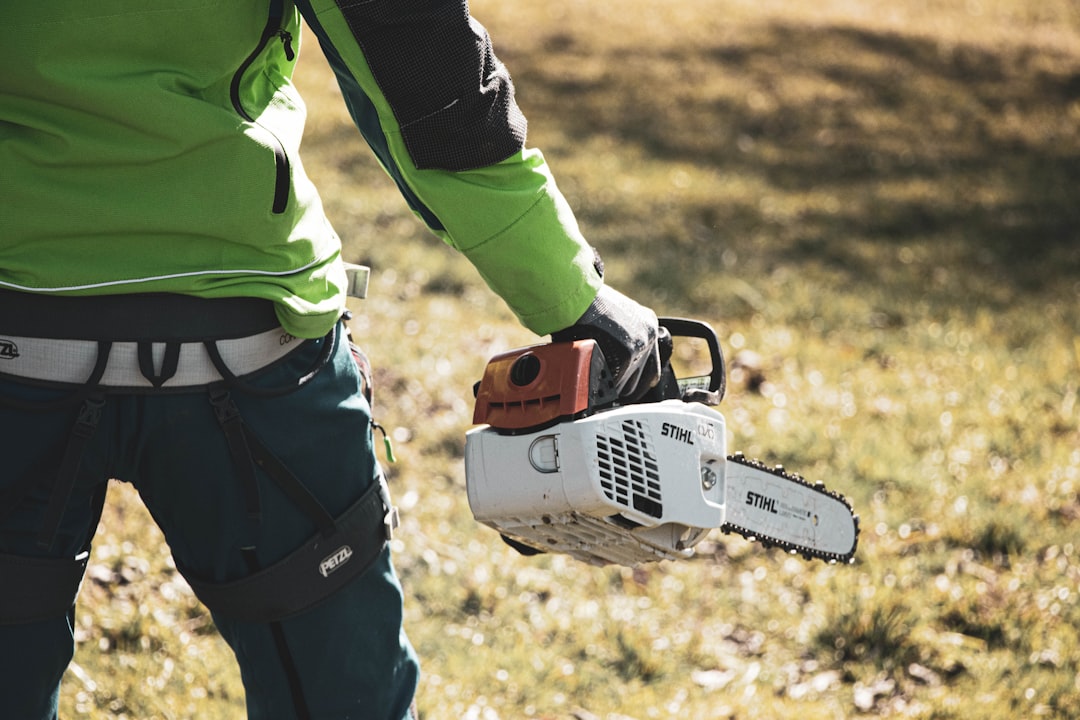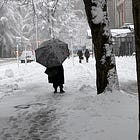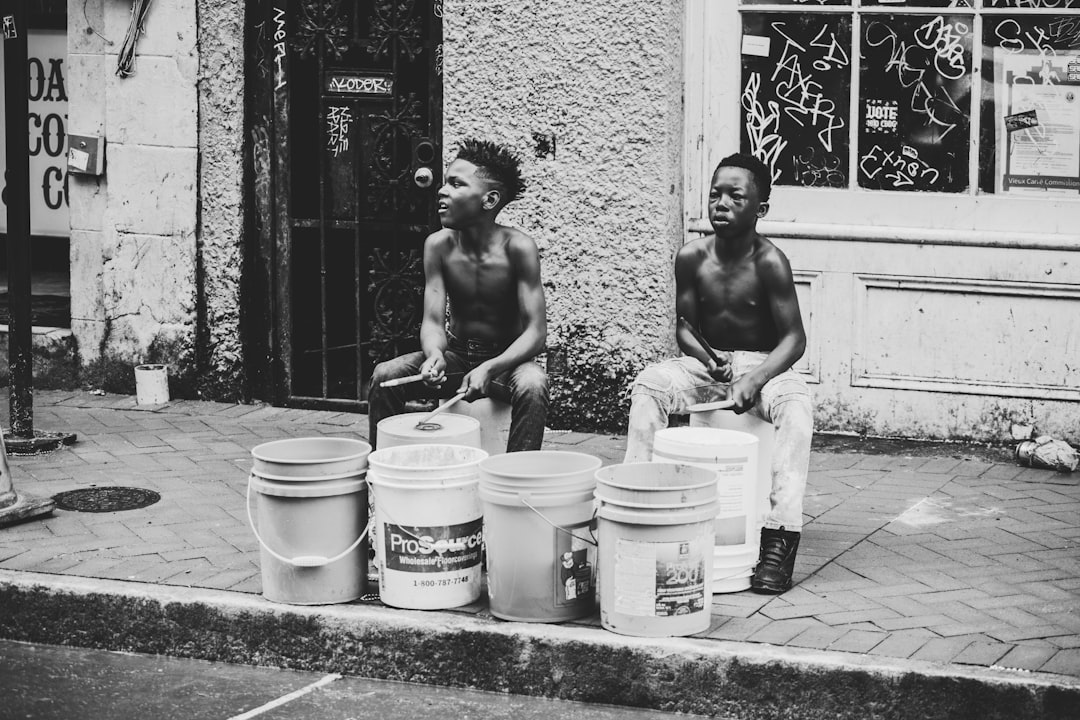March 1 Newsletter for The Unschool for Writers
Focused time; Pain vs. Discomfort; a couple of polls

Click on the title to go directly to the Substack site to read this…
In the “February Poetry discussion” I speak of Annie Finch’s idea to take a couple months to absorb the lessons of poetic meter. While you might not care one jot about poetic meter (!), is there something else for which you might set aside time to master some piece?
It’s this type of thinking that gets to the UN in unschool—unschooling asks of us a loose type of dedication with intoxicating levels of intrinsic motivation!
Consider taking such time for one element of fiction or nonfiction or poetry… whatever you are currently grappling with. Even the idea of “play” in your “work.” (Yes, some of us need to work to develop play. Looking in the mirror here…)
New Year and time-of-‘resolutions’ has come and gone so we can set time-related goals and not feel that particular pressure. (Right?) A new notebook and pen, and some time each day to map out books to read, subjects/stories/poetic form… and to WRITE. Honour yourself in the DOING.
A HUGE thank you to those who have chosen to invest $5-6 per month in The Unschool. It allows me to continue this work.
I wrote this piece some time ago, and stumbled over it recently:
Pain vs. Discomfort
Writing is informed by everything we do in our lives. In the summer (some years ago now) I had my first yoga class. It was held in a garden space on the riverbank of the tidal Fraser. That first class, I breathed so deeply I could smell the duck poop all around, but the wonder of the salty water, the raw earth with all the damp from the rain we’d had, the summer flora… even the duck poop… felt right.
For anyone who has practiced yoga, you know how it heals. The teacher spoke, that first night, of the difference between pain and discomfort, and her words have followed me into other areas of my life.
As we were holding poses, she asked that we try to determine whether what we were feeling was real pain, or if it might be—merely—discomfort. Try not to flinch or adjust, she said. Did we need to adjust or move? What would happen if we tried to stay still? Think about the difference between these two: pain and discomfort.
Of course, as I was lying there, on my back, with head and feet and hands raised only inches from the ground, feeling those core muscles, I was thinking ‘pain.’ But her words made me reevaluate. As my mind tried to attach both those words to what I was feeling, I found the place to just sit with what it was. Be still.
Recently, I was struggling with a manuscript I’ve been working on for a long time. As I sat working, in that process of deep thought, writing and feeling very much as if somehow walls have grown up between me and the rest of the world, I found this thought passing through my mind.
Is this pain? Or is it discomfort? Is it something for which I need to adjust, to move? Or is it something that, if I be still and accept, and breath it into my self and my page... it might feel right, be necessary. Or it will illuminate its own path. It might show me something if I don’t push. If I be still and listen.
My writing has changed over the years, particularly since giving up the ancient typewriter. It is easy now to delete and move on. Often this is a good choice! But it can be useful to stay with your words, stay with the struggle. Yes, the discomfort. Work through in order to understand what you’re trying to say, and to work with how you’re saying it.
PROMPT
Let’s put these two together: this “discomfort” might be felt to varying degrees when you’re working in an area you want to explore. Or you DON’T want to explore, but would like to push yourself anyway—at times, we do that. Here, I’m thinking of the push of writing something you very much want to write, from heart or gut, but perhaps your brain is resisting. Or a skill is not quite there. Or the pain factor. Yet…it wants to be out.
Finding the balance of doing such work together with those times of being still is not easy.
In other words, finding the pace for you and the project.)
In the comments, share thoughts about this—either about the project itself, your goal, or how you’re thinking to approach it. Or post questions you have about this, the project, the process… whatever your questions/thoughts might be.
POLL
I’ve posted two polls this month. One, to check in with you about the length of posts!
Substack sent out an article about how “five minutes is the max any reader wants.” But YOU say that’s not so. (Which is most heartening.) Almost half of you said ten minutes. Okay. This was a vote of confidence. Thank you! I will err on the side of ‘longer.’
I also included a poll on how you choose to grow as a writer, with options drawn from my post about how we go about this. Fifty percent of you responded with “paying attention to detail, ” followed by twenty percent of “travel/change of scene” and “imitating others works.” Not a one checked the option of “turning ideas on their heads.”
Why, I wonder. And am curious. Maybe it’s in how I defined it, or the example I pulled—about the “confessional” story. Maybe I made it seem too complicated.
Turning-on-its-head might be just coming at a story, or idea, from some—any—other direction than the one we’re used to.
Consider: the next time you’re feeling blocked or just wanting to start a new project, or mentally casting about for a new idea, let anything drift into your mind.
Consider both the first thought and what on any given day your next thoughts might… and then re-think that. And ponder what would be another direction from which to approach.
Think about times you have done this. And times when you’ve read the works of others who have. Or you guess—from what they’ve written—that this is what occurred in their process.
Keep it in mind for the next time you’re stuck.
~~~
Update on my contractual re-write
If you’re a regular Unschool reader, you know I’m working on the final re-write of an adult novel, now under publishing contract, for release next spring ’25. (Yes, that’s how long it takes… accepted last August.)
I’ll put this re-write-observations post together in the next couple of weeks, and I look forward to sharing the process with you. A whole lot of “presence and absence” in this work. For those of you who are new here, I wrote about this particular project, a year ago November, when I wrote about drastically cutting.
With links to related others—
On Serious Cutting
“Word” has returned from my agent. Remember my series of posts from July as I was wrapping up the novel for adults I’ve been working on for several years? (Check out the “Alison’s dedicated writing week - a process journal of sorts” section in the 2022 Index
~~~
Re-cap of February posts
As always the first-of-the month potpourri, and this time I included the “prompt” post—which I’ll be doing from now on. The prompt was a snow photo for the few days we had that white stuff in Vancouver this year. We also looked at the role of writer-friends in developing craft.
This post was one of the most-commented in the Unschool.
Next up, an over-due poetry discussion, looking at the few chapters focused on rhythm/beat in A Poet’s Craft, by Annie Finch. I’ll be doing this as we continue to read and work with this book—posting thoughts every 2-3 months, working with more than one chapter at a time.
Next a close read: “snow” seems to be a theme here! This was such a good book.
And last, thoughts on the “when” of writing memoir.
~~~
From the archives:
1 + 1 = 3: The Equation of Picture Book Writing
photo: courtesy of Holly Flauto Salmon Do you remember the commercial about the person carrying peanut butter running into the person with chocolate? Writing a picture book is like that. But better.
~~~
If you’re enjoying The Unschool, please share it with others. These first of the month posts are free for everyone. Most other posts are now behind the paywall.
And, as always, do let me know if you have any writing- or publishing-related questions. Leave in the comments or send me an email: alison@alisonacheson.com.
Write onward…









I'm relieved that everyone prefers long over short! Personally, I start losing my mind when I have to read a bunch of short things. No time to get to know the writer, for one thing! Thanks for all you do, Alison, and very happy about your book news.
I love the background colour on this page. That is all.